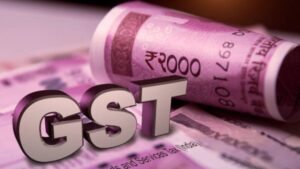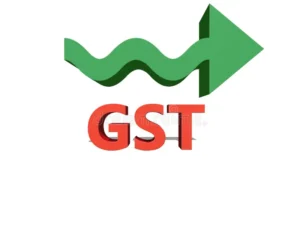Ten state assemblies’ tenure are set to expire prior to or around the 2024 Lok Sabha elections.

A commission led by President Ramnath Kovind has been established by the Centre to determine whether simultaneous elections for the Lok Sabha and state legislatures are feasible in India. (Image from a file: The Indian Express)
In advance of the special session of Parliament that will take place from September 18 to 22, the Centre’s decision to form a committee under the leadership of former President Ramnath Kovind to examine the viability of holding simultaneous Lok Sabha and Assembly elections, as was the case until 1967, has generated buzz in political circles.
Since the Narendra Modi administration of the BJP-led NDA took office at the Center in 2014, there has been growing buzz surrounding the concept of “One Nation One Election,” which was first proposed by the Election Commission in 1982 and accepted by the Law Commission in 1999. Atal Bihari Vajpayee, a former prime minister, supported it in 2003, and Lal Krishna Advani, a senior BJP leader, supported it once more in 2010.
Politicians from all parties have shown support for the concept of conducting simultaneous polls, although logistical concerns still exist. The Law Commission, Niti Aayog, the standing committee on law and justice, as well as the EC, have all supported the concept, citing the impact on governance brought on by the model code of conduct’s ongoing enforcement.
Simultaneous elections would provide the Election Commission with logistical difficulties, and their implementation would necessitate changes to at least five Constitutional Articles. According to experts, amendments to Articles 83 (duration of houses of Parliament), 85 (sessions of Parliament, prorogation, and dissolution), 172 (duration of state legislatures), 174 (sessions of state legislatures, prorogation, and dissolution), and 356 (President’s rule) will need to be approved by at least 50% of the states in the union.
Ten states with upcoming elections could have elections in addition to the Lok Sabha elections if the proposal is successful in winning support from Parliament. These assemblies’ terms end either prior to or close to the Lok Sabha elections that are slated to take place in 2024.
By the end of the year, elections for five states’ assemblies are scheduled: Madhya Pradesh, Rajasthan, Telangana, Mizoram, and Chhattisgarh. However, if the general elections are moved up, polls in Andhra Pradesh, Arunachal Pradesh, Odisha, Sikkim, and Jharkhand might be held concurrently with the Lok Sabha elections.
Schedule for when terms in states and union territories will expire: complete list
- Mizoram: December 2023
- Chhattisgarh, Madhya Pradesh, Rajasthan, Telangana: January 2024
- Andhra Pradesh, Arunachal Pradesh, Odisha, Sikkim: June 2024
- Haryana, Maharashtra: November 2024
- Jharkhand: December 2024
- Delhi: February 2025
- Bihar: November 2025
- Assam, Kerala, Tamil Nadu, West Bengal: May 2026
- Puducherry: June 2026
- Goa, Manipur, Punjab, Uttarakhand: March 2027
- Uttar Pradesh: May 2027
- Gujarat, Himachal Pradesh: December 2027
- Meghalaya, Nagaland, Tripura: March 2028
- Karnataka: May 2028
The Jammu and Kashmir UT was established when the last Assembly was dissolved in 2018, however, it is still unclear when its tenure will end.
![]()




